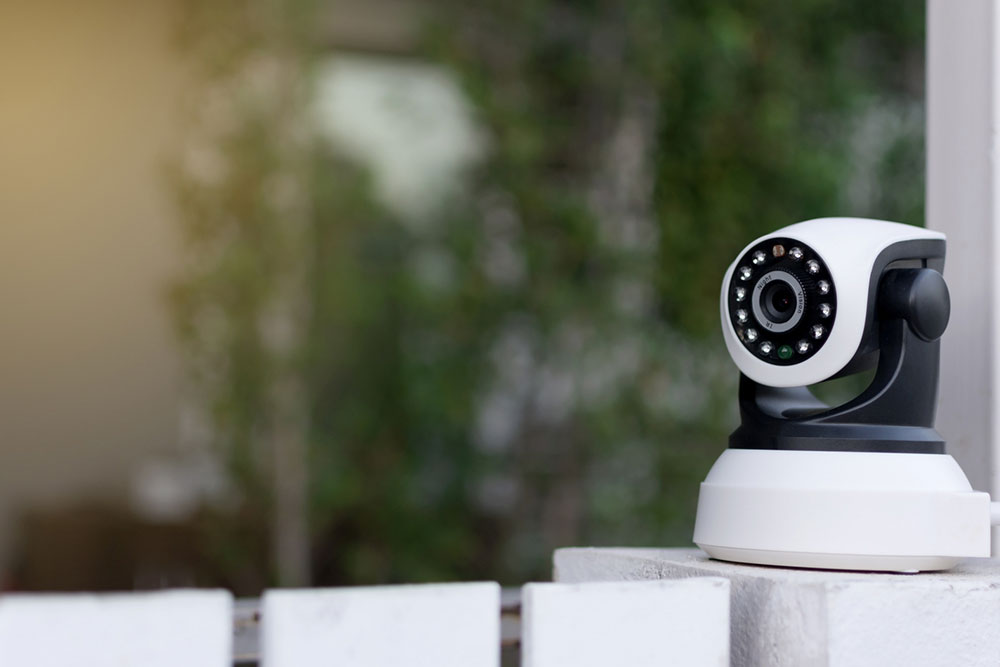Wireless Home Security Cameras – Features, Costs, and Tips
The field of home security has substantially advanced over a couple of decades. Many people have turned to wireless home security cameras to keep an eye on all the corners of the premises. These cameras can be directly connected to the home Wi-Fi networks to send alerts and live video clips to one’s smartphone. With different resolutions and types available on the market, selecting the right one for the house can feel taxing.

Features to consider when buying a wireless home security camera system
A home’s security is no joke. To find the top home security camera in the market, one needs to develop an in-depth understanding of the popular features available.
Resolution
The video quality of the camera depends on its resolution. A higher resolution will give one a better view of the house, including aspects such as facial features, clothing details, and even small objects. But a higher resolution will also need improved Wi-Fi performance to deliver and a larger storage capacity to save the video for the future. Generally speaking, customers are offered a choice between 4MP/2K resolution and 8MP/4K resolution. The latter provides higher quality along with improved visual detail.
Cloud storage
Many people may want to store the recordings for future reference. This can be done by connecting the camera device to a cloud storage network, reducing the risk of local thefts. Having said that, this may come at an additional cost.
Battery life
With any wireless device, the battery life is one of the main concerns. A camera with a short and weak battery life is unlikely to live up to expectations, while a longer battery life will ensure the camera remains operational for long periods. One also needs to pay close attention to several other elements, such as its capacity (generally ranging between 3,000 mAh and 10,000 mAh), voltage, rechargeability, charging options, low power modes, and battery life estimations, before choosing a particular camera.
Indoor/outdoor use
Cameras can be placed anywhere inside or around a home. But, there is a significant difference between those designed for indoor and outdoor use. This can be distinguished by the camera’s IP ratings.
- 44 or lower: Indoor use only
- 45-55: Can be used outdoors, but only in sheltered areas
- 65-67: Rated as weatherproof, can be used outdoors
- 68+: Rated for underwater
Color night vision
Break-ins and burglaries mostly peak in the dark. That’s why it is important to look for a wireless security camera system that can perform even during the wee hours of the night. This feature, called color night vision, allows homeowners to get high-quality video footage even in the dark. Ideally, look for cameras with a floodlight or ring light around them, as these improve the quality of the video and act as excellent deterrents to miscreants.
Field of view (FOV)
The FOV refers to the maximum observable area through the camera lens. When buying a new security camera, look for one with a wide FOV without compromising picture quality, as this is most capable of capturing a clean image of the room in one go. The best FOV for modern security cameras is wide angle (or about 110 degrees).
Integrated alarm system
It isn’t always possible to view the security footage 24/7. So, in case of a security breach, the simplest solution is having a camera with an integrated alarm system, which includes features such as door and window motion detection sensors, doorbell cameras, intrusion alarms, and a base station to connect all the devices.
Cost of home security cameras
The overall price of these home security cameras can range anywhere between $20 and $400, based on the features chosen. Those looking for state-of-the-art video surveillance will have to shell out more cash as compared to those looking for a simple door camera.
Tips to find the right home security cameras
While buying the top home security cameras is a good start, some tips can help one extract more from their new arrangement.
- For wireless outdoor home security cameras, ensure that the camera is installed within the Wi-Fi zone to remain connected to the application.
- Although it is possible to DIY the installation process for home security cameras, most companies recommend hiring professionals to tackle this task.
- If possible, opt for professional monitoring of the cameras because this option provides trained agents who can actively watch for suspicious activity and promptly report it to the authorities.
- Ensure that the provider company meets all data privacy and security requirements. Not adhering to any guidelines can make the systems more susceptible to hacks and other privacy-related concerns.
- Buy security cameras during the holiday shopping season, as most providers offer steep discounts on their devices.
- Install cameras at every entry/exit point around the house (front/back/side entrances, driveway, garage, etc.).
- To get the best motion detection from passive infrared cameras, place them at a height between 5 and 20 feet.
- Keep some outdoor cameras clearly visible to deter break-ins.
- Follow a regular maintenance routine for optimal system functions.